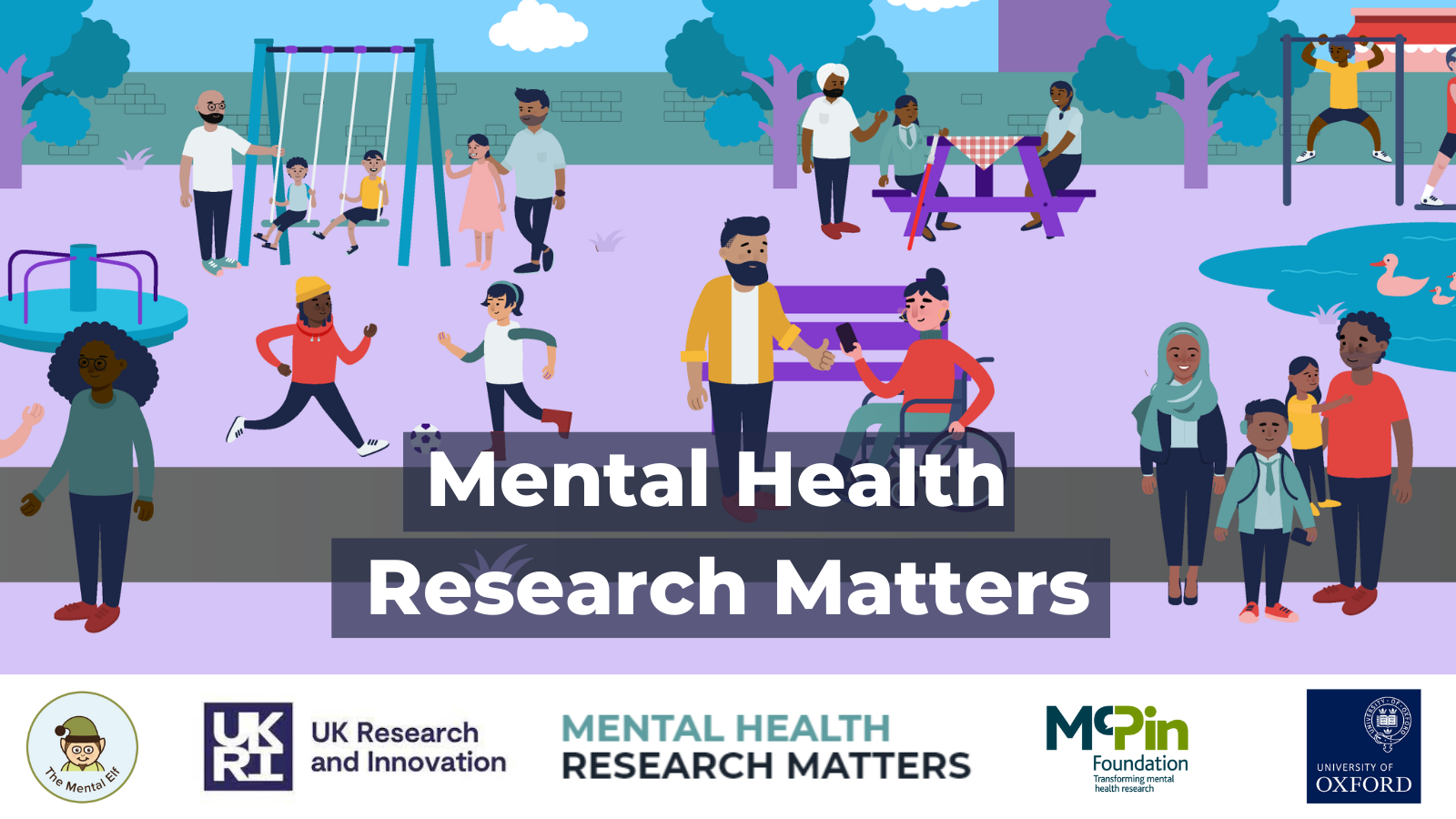Depression is a highly recurrent condition, with approximately 40-60% of people with depression experiencing another depressive episode during their lives. A long-term strategy for preventing depressive relapse is the use of antidepressants. Researcher Josefien Breedvelt from the Amsterdam University Medical Centre/NatCen and her colleagues have conducted a study to explore whether psychological interventions can be viable alternatives to long-term antidepressant use. The researchers found that there was no evidence for a difference in effect between continuing an antidepressant versus receiving psychological interventions while tapering off an antidepressant. The finding was observed regardless of clinical risk factors. This means that even people at high risk of relapse could consider psychological interventions as an alternative to long-term antidepressant medication.
Partnership working
Researchers from the Netherlands, the UK, and Canada worked within a task force of scientists, policymakers and people with lived experience to try to answer the question: can I stop my anti-depressant? They used individual participant data meta-analysis, a relatively new method, to identify what works and for whom. The collection and pooling of data from studies worldwide took over four years, including establishing data-sharing agreements and checking and harmonising datasets.
Impact for clinical practice
The results suggest that people can choose to discontinue their antidepressant while receiving a psychological intervention, such as preventative cognitive therapy (PCT) or mindfulness-based cognitive therapy (MBCT) without an increased risk of relapse. In other words, these interventions may be a viable alternative to antidepressant use to prevent depressive relapse. The findings of this research have already been incorporated into Dutch national clinical guidelines.
#MentalHealthResearchMatters
There are so many different approaches to take in mental health research. For more about why #MHRmatters and how you can get involved, join the conversation #mentalhealthresearchmatters

